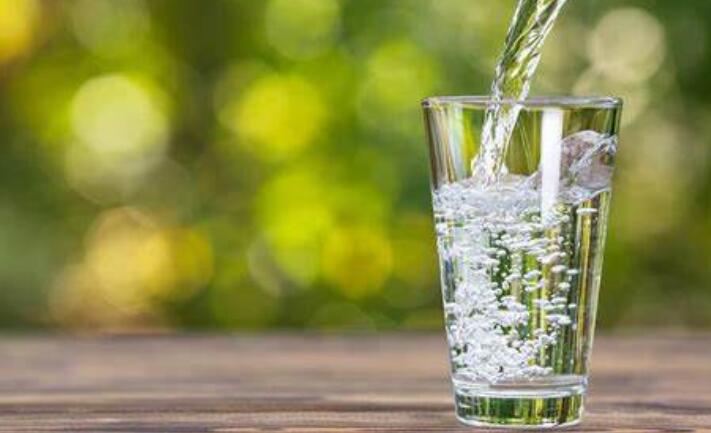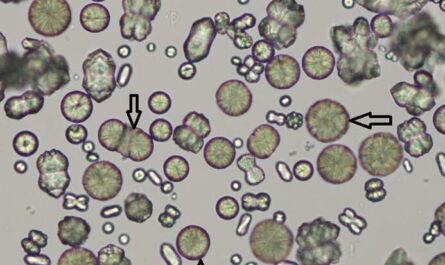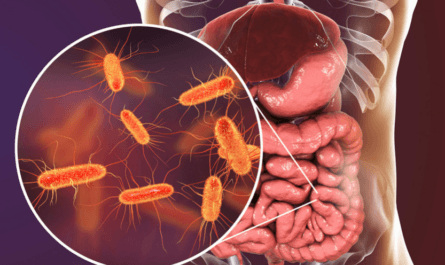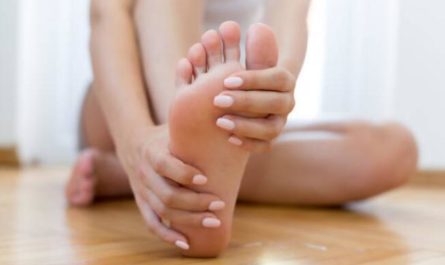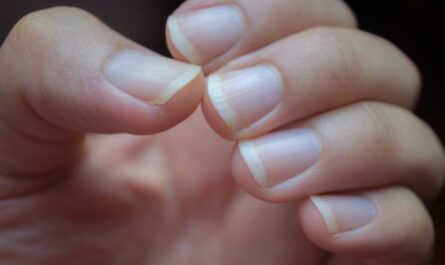Water retention, also known as edema, occurs when excess fluid accumulates in the body. One of the most common places for water retention is in the legs and feet. Leg swelling from fluid buildup can cause discomfort and sometimes indicate an underlying medical issue. Understanding the causes, symptoms, and treatment options for water retention in the legs is important for both prevention and finding relief when it occurs.
Signs of Water Retention in the Legs
Pay attention to any unexplained or abnormal swelling that develops in your lower limbs and feet. Common symptoms and signs that indicate fluid retention in the legs include:
- Swelling in the feet, ankles and lower legs – Edema can create a stretched, swollen, or tight skin appearance and cause a visible enlargement of the lower limbs. Pressing on the swollen area can leave an indentation.
- Obvious visible puffiness – The feet, ankles, lower legs, and calves may look significantly puffy or inflated in areas where fluid has accumulated. Noticeable swelling lasting more than several hours indicates substantial fluid retention.
- Tight shoes and socks – Shoes, socks, and other clothing items may feel tighter than usual around edematous feet, ankles, and calves. Trying to put on shoes or wear socks over swollen feet can be difficult.
- Aching, weary, heavy, uncomfortable legs – Accumulated fluid retention can make the legs feel heavy, fatigued, sore, or painful. Edema causes discomfort and a weighed down sensation.
- Leg skin indentations – Socks, leggings or pants may leave indentations and compression marks on swollen skin that takes noticeably longer to smooth out compared to normal.
- Shiny, pale, stretched appearance – In some cases the fluid-swollen skin over areas like the ankles and feet takes on a shiny, glossy look and pale color. The skin also appears very smooth and stretched looking.
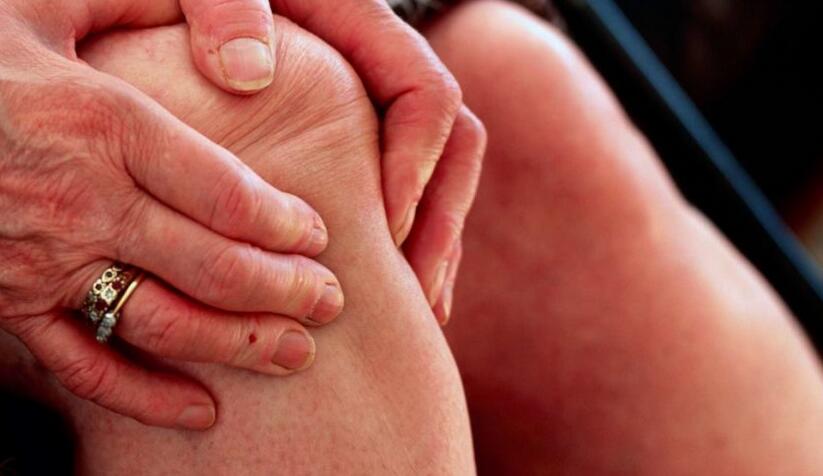
What Leads to Fluid Retention in the Legs?
There are various contributing factors and health conditions that can cause swelling and edema to develop in the lower limbs:
1. Lifestyle Factors
- Lack of physical activity – Being sedentary prevents proper circulation in the legs, allowing fluid to pool and swelling to occur. Even office workers who sit for prolonged periods daily are at risk for leg edema.
- High sodium intake – Consuming excessive sodium causes the body to retain more fluid instead of excreting it. Many processed and prepackaged foods have high salt content.
- Dehydration – Not drinking enough water disrupts the fluid balance and signals the body to retain more fluid. Daily water intake should be around eight 8-ounce glasses for proper hydration.
- Alcohol consumption – Alcohol acts as a diuretic, causing frequent urination and loss of fluids and electrolytes. This leads to an imbalance that triggers the body to retain more water.
- Caffeine intake – Like alcohol, caffeinated drinks such as coffee, tea, and sodas act as diuretics that increase urine output. This can result in dehydration and subsequent fluid retention.
- Prolonged travel – Sitting immobile for hours during long flights or road trips promotes swelling in the lower limbs. In addition, elevated cabin pressure during air travel also influences fluid shifts in the body.
2. Hormonal Shifts
- Menstrual cycle – The hormonal fluctuations that are a normal part of a woman’s menstrual cycle often lead to temporary water retention and bloating. This type of cyclical edema typically resolves after menstruation ends.
- Pregnancy – The expanded fluid volume needed to support a developing fetus combined with pressure from the growing uterus commonly cause swelling in the legs and feet during pregnancy. This often resolves within a few months after giving birth.
- Menopause – Declining and fluctuating estrogen levels after menopause cause shifts in fluid that can result in edema during this transition. Hormone replacement therapy can sometimes influence water retention as well.
- Birth control – The hormones in birth control pills, especially those containing estrogen and progestin, can initiate fluid retention in some women.
- Fertility medications – Ovulation-stimulating hormones used in fertility treatments like IVF can potentially instigate fluid buildup and swelling due to their effects on the body.
3. Medications
- NSAIDs – Non-steroidal anti-inflammatory drugs like ibuprofen and naproxen sodium have water retention listed as a common adverse effect. NSAIDs change kidney function, contributing to fluid overload in some people.
- Steroids – Corticosteroids such as prednisone used for inflammatory conditions can increase sodium and fluid retention, often resulting in edema. This tends to be more pronounced with higher doses.
- Antidepressants – Certain selective serotonin reuptake inhibitor (SSRI) antidepressants are associated with edema. These include sertraline (Zoloft), paroxetine (Paxil), citalopram (Celexa), and fluoxetine (Prozac).
- Chemotherapy drugs – Cytotoxic medications used to treat cancer can damage kidney tubules and alter sodium and water reabsorption, leading to fluid accumulation.
- Blood pressure medications – Some antihypertensive drugs like calcium channel blockers disrupt electrolyte balance. This can potentially influence water retention and swelling.
4. Medical Conditions
- Heart failure – Impaired cardiac functioning and weakening of the heart muscle leads to fluid pooling and accumulation in the lower extremities. Edema often first appears as swollen ankles and feet.
- Kidney disease – Damaged or dysfunctional kidneys struggle to properly regulate fluid levels. Kidney disease allows excess water to amass and remain in tissues instead of being excreted.
- Cirrhosis – Scarring of the liver causes decreased albumin production and increased pressure in the veins that supply the liver. This results in the leakage of fluid into surrounding tissues.
- Venous insufficiency – Faulty valves inside the veins of the legs impair proper blood circulation and fluid drainage. Blood starts to pool in the lower extremities, resulting in swelling.
- Lymphedema – When the lymphatic system is damaged from cancer treatment, infection, or other causes, it cannot adequately drain excess fluid from the limbs. Lymphedema specifically affects the arms and legs.
- Blood clots – A DVT or deep vein thrombosis that develops in the deep veins of the leg can obstruct blood flow and lead to localized edema.
- Chronic inflammation – Ongoing widespread inflammation releases compounds that elevate capillary permeability systemically, inducing fluid leakage out of blood vessels and resulting in generalized or localized edema.
